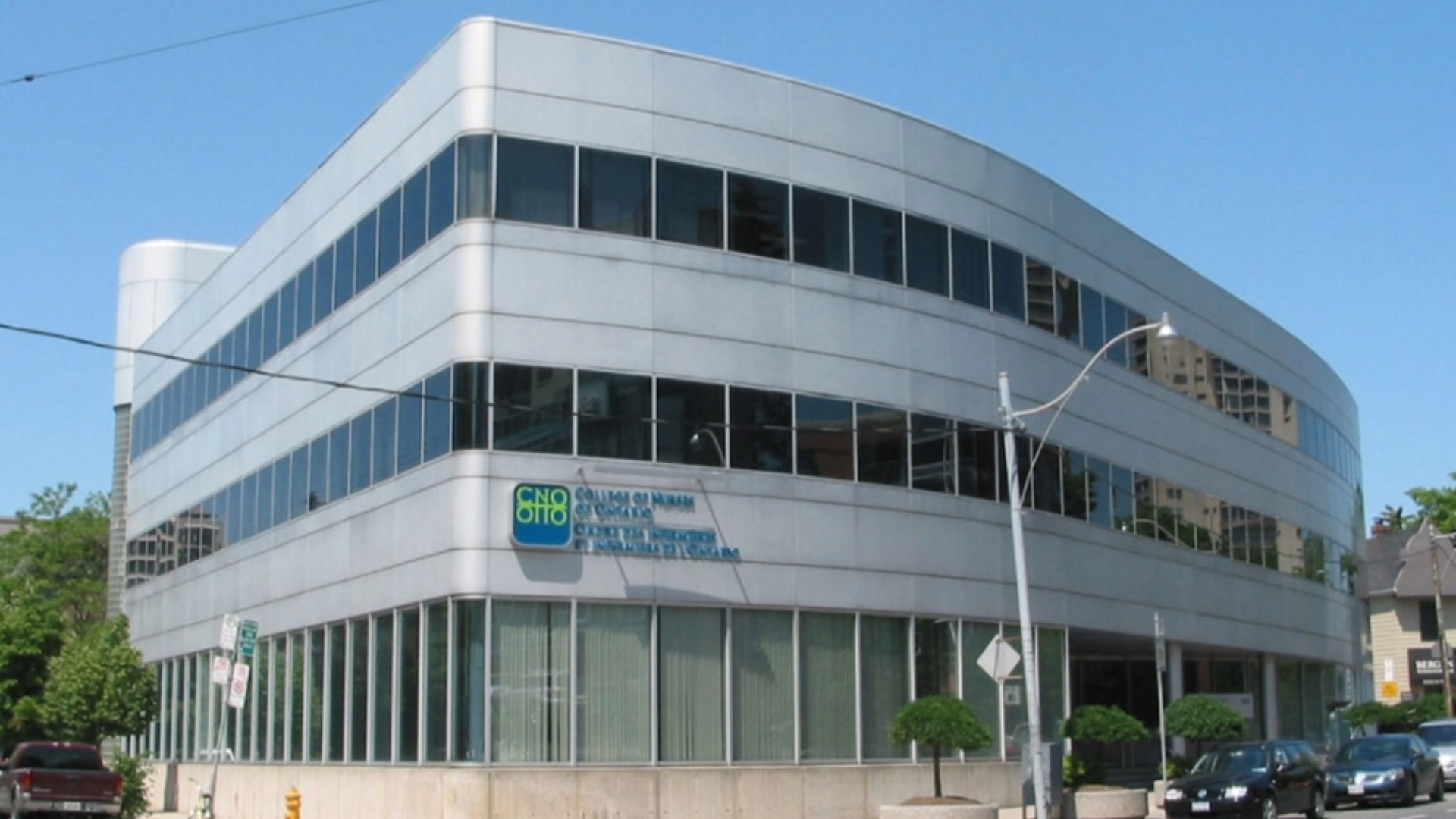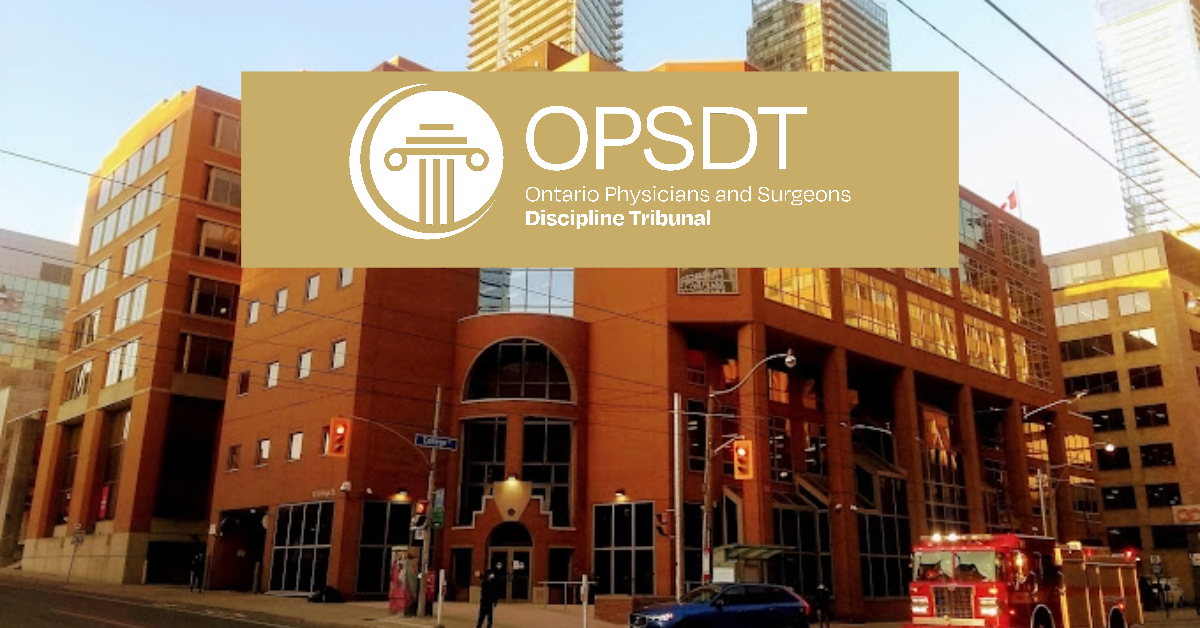
Nurse Alters Morphine Record, Patient Dies: CNO Orders Permanent Resignation
A Profound Breach of Trust in End-of-Life Care In CNO v. Lindsey Coyle, the Discipline Committee of the College of Nurses of Ontario addressed one

This is a trial decision of the Ontario Superior Court of Justice arising from a delay in transferring a patient with no pedal pules following a fractured femur (leg) after a motorcycle accident. The patient was initially assessed in the emergency room by the Defendant physician, Dr. Abounaja at Ajax Hospital, a community hospital that did not have a vascular surgery service.
ISSUES
The standard of care issue in this case was whether the Defendant doctor told CritiCall (a referral service for hospitals and doctors to transfer patients to specialized care) that the Plaintiff had a pulseless leg and that the Ajax Hospital did not have the vascular services necessary to save a leg, and as a result the Plaintiff required an urgent transfer to a trauma centre?
The causation issue was whether earlier transfer would have saved the Plaintiff’s leg from amputation and whether he would have regained normal function of his leg within 12 months after his fracture was treated.
FACTS
There was conflicting evidence at trial about what information the Defendant emergency room physician relayed to CritiCall regarding the condition of the Plaintiff’s leg, and in particular whether it was conveyed that the leg was pulseless and that Ajax Hospital did not have a vascular surgery service.
The trial judge made the following important findings of fact:
DECISION
The trial judge’s decision was that Dr. Abounaja’s breach of the standard of care, specifically for failing to insist on an urgent transfer of the Plaintiff leading to escalation, caused the delays that took the Plaintiff outside the window of opportunity for revascularizing his limb and deprived him of a favourable decision to attempt to salvage his limb. The trial judge further found that “but for” these delays, the Plaintiff would likely have had surgery to revascularize his limb. Based on the evidence of experts in vascular surgery, the trial judge found that “but for” these delays, the Plaintiffs’ left limb would not have been amputated.
In addition to finding that the Defendant doctor was negligent, the trial judge also had to decide whether there was any negligence on the part of the hospital for the delay in transferring the Plaintiff to St. Michael’s Hospital in Toronto. The trial judge gave no apportionment of liability against the hospital [at para. 377]: While on the evidence, the standard of care of the hospital was established, there was no evidence about who or what events underlay the delay. There is insufficient evidence on which a finding of breach of the standard of care can be made against Ajax Hospital. No apportionment can be made.
Since the Plaintiff’s initial injury arose from a motor vehicle accident, he received payment for accident benefits pursuant to the Statutory Accident Benefits Schedule (SABS) under the Insurance Act. The Defendant doctor claimed that he should be entitled to deduct the value of these benefits from any award against him for his negligence. The trial judge disagreed [at para. 385]: I find that Dr. Abounaja is not entitled to reduce the quantum of any damages awarded in the present proceedings by the amount of accident benefits paid to Mr. Baines under his private automobile insurance policy.
Damages were settled by the parties and are therefore unknown.
EXPERT LIABILITY WITNESSES
Plaintiffs’ Experts
Dr. Keith Greenway was qualified as an expert in Emergency Medicine. He was permitted to provide expert opinion evidence in relation to the standard of care in emergency medicine, generally, in the Province of Ontario, including management of trauma, femur fracture and pulseless limb and the consequences of delay in such treatment and care.
Dr. Thomas Lindsay is a vascular surgeon and was qualified to provide expert opinion evidence on the standard of care of an ER physician, based on core standards that all graduate medical students should know about the assessment and treatment of a fractured femur and pulseless leg, including prioritization in the context of multiple injuries, and the consequence of any delay in treatment. He was also permitted to provide expert opinion evidence respecting vascular injuries in the context of a fractured femur and pulseless leg, including the impact and consequences of delay in treatment.
Dr. Mark MacLeod is an orthopedic surgeon. The Court recognized that Dr. MacLeod has extensive experience with the treatment, management and long-term outcome of multiple trauma patients. Dr. MacLeod was permitted to provide expert opinion evidence in respect to orthopedic surgery, generally, and traumatic injuries, their treatment, long-term outcome and the impact and the consequences of any delay in treatment.
Defence Experts
Dr. Homer Tien was qualified as an expert in trauma and the treatment of trauma patients in Ontario, as well as the province wide inter-hospital trauma system, including the manner and circumstances in which trauma patients warrant transfer to a trauma centre. Dr. Tien was permitted to give opinion evidence on whether the Defendant physician’s treatment of the Plaintiff met the standard of care for a community health emergency physician in June 2011 and whether and at what time the Plaintiff warranted transfer to a trauma centre, considering his injuries.
Dr. Ronald McMillan was qualified as an expert in Emergency Medicine in the treatment of trauma patients, including the manner and circumstances in which a trauma patient warrants transfer to a trauma centre. He was permitted to give opinion evidence on whether the Defendant’s treatment of the Plaintiff met the standard of care for a community hospital ER physician in June 2011 and whether and at what time warranted transfer to a trauma centre, considering his injuries.
Dr. Robert Maggisano is a vascular surgeon and was permitted to provide expert opinion evidence respecting the time at which Mr. Baines’ left limb was likely salvageable, as well as whether and at what time Mr. Baines warranted transfer to a trauma centre, considering his injuries.
Dr. David Stephen is an orthopedic surgeon and was permitted to provide expert opinion evidence respecting the impact and consequences of any delay in treatment of the Plaintiff’s injuries, and whether and to what extent the Plaintiff would have suffered substantial and permanent functional limitations due to the injuries to his left leg.
Decision Date: May 31, 2023
Jurisdiction: Ontario Superior Court of Justice

A Profound Breach of Trust in End-of-Life Care In CNO v. Lindsey Coyle, the Discipline Committee of the College of Nurses of Ontario addressed one

What College of Physicians and Surgeons of Ontario v. Thirlwell, 2026 ONPSDT 5 Means for Patients and Public Trust In College of Physicians and Surgeons